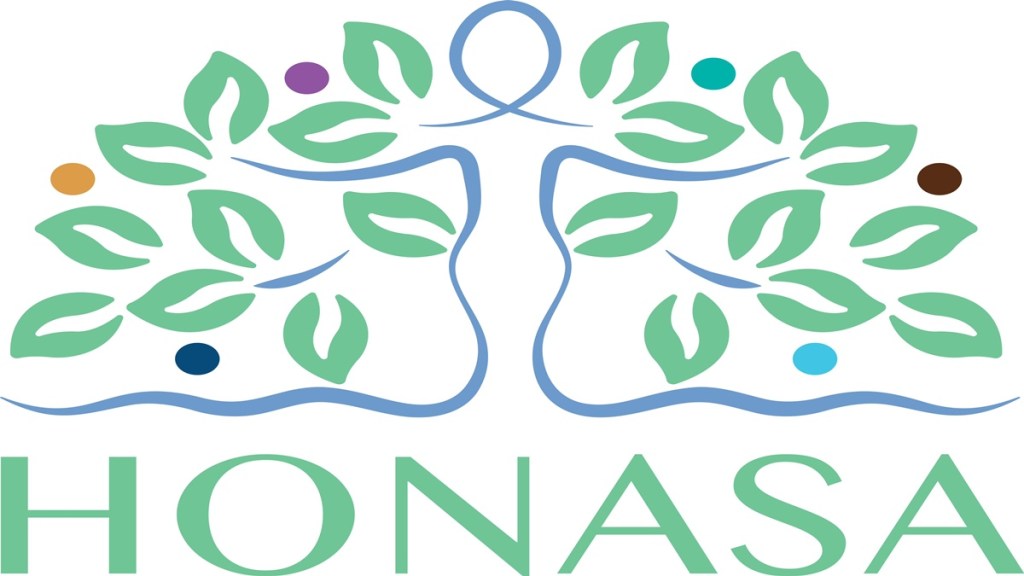Ghazal Alagh, co-founder and chief innovation officer, Honasa Consumer, wanted to build a life around art which she pursued at the New York Academy of Art. The shift towards entrepreneurship came years later — after she became a mother.
When Alagh’s son was born, he developed a skin condition, and she found herself constantly researching the ingredients in baby products.
She was shocked to discover the lack of safe, trustworthy, toxin-free options available to parents in India. Mamaearth was launched in September 2016 as a direct-to-consumer (D2C) brand. “I realised that if I was struggling to find better choices, other parents too must be. That realisation became the foundation for what would eventually become Mamaearth,” she says. “Entrepreneurship found me, not the other way around.”
The idea continued to evolve, shaped by every piece of feedback Ghazal and her husband Varun, co-founder and CEO of Honasa Consumer, received. They spoke with hundreds of parents across different cities and backgrounds, focusing on conversations over conversions. The couple also consulted doctors to understand the concerns around baby care products.”
Very early on, they partnered with a scientist couple, parents themselves, who helped them with initial formulations. “We also realised there was a huge gap in awareness.
Most parents didn’t know how to read ingredient labels or understand what made a product truly safe,” she says. So, they focused not only on developing clean, effective formulas but also on educating and building trust within the parenting community. Ghazal personally spoke to thousands of mothers to understand what they were missing, what worried them, and what they wished existed.
Mamaearth’s first office was a small basement in Gurugram, with just five employees, including the founders. There were no defined roles. One minute they were replying to customer queries, the next they were packing boxes or coordinating deliveries. “It was raw, chaotic, and honestly, very real. We were learning everything on the job, not just how to run a business, but how to build something from scratch with heart and purpose. Looking back, those early days shaped so much of who we are today — that mindset of agility, ownership, and doing what it takes… it started there, in that little basement.”
A few close friends and early investors offered advice and kept her grounded.
“It was this blend — Varun’s practical outlook, early investors’ support, and my own willingness to learn and trust myself — that shaped how I showed up and how Honasa started to take shape.” In December 2016, Mamaearth raised its first funding round, an undisclosed seed round, from Fireside Ventures.
According to Tracxn, Mamaearth has raised a total of $89.4 million over seven funding rounds, including four seed, two early-stage and one late-stage rounds. Mamaearth’s largest funding round so far was a Series C round for $65.3 million in July 2021, led by Sequoia Capital.
The most difficult part for Ghazal in the beginning was trying to balance new motherhood with building something from the ground up. She was still adjusting to becoming a mother, and at the same time, they were trying to raise capital, put systems in place, and get a brand off the ground. “It was intense.”
There were days when she would be up all night with her son and still have supplier meetings or investor calls the next morning. “With time, she realised that balance between emotional and physical demands doesn’t always mean doing everything equally. It means being present where you are. That mindset shift gave her clarity and helped reduce the pressure of trying to be perfect all the time.
The other earliest mistake or realisation was around hiring. “We were so focused on frugality and fixing immediate problems that sometimes we hired just for today, not with tomorrow in mind,” she recalls. They learned that investing in the right people is one of the smartest moves one could make.
Today, Honasa Consumer, which houses Mamaearth, The Derma Co, Aqualogica, BBlunt, Dr Sheth’s, and Staze, has 958 employees as in February, 2025, according to Tracxn data. Talking about key milestones that are close to her heart, she says, it would be three. First was earning the Made Safe certification.
The second was when they expanded beyond baby care and launched their first personal care product for adults. The third was the public listing in October 2023. “It was a deeply emotional moment.
Standing at the bell-ringing ceremony, I couldn’t help but think back to those early days. Seeing that vision come full circle was incredibly special.” The company recently made a strategic pivot to a D2C distribution model as part of its Project Neev to strengthen its offline go-to-market (GTM) strategy. “FY25 has been a year of learnings, focus, and disciplined execution. Despite its ups and downs, we’ve seen green shoots emerge, with the business delivering double-digit growth and strong momentum across our key brands,” said Varun Alagh in an exchange filing.
In Q4FY25, the firm reported a net profit of Rs 24.9 crore, down 18% from Rs 30.5 crore in the year-ago period. Its revenue from operations for the quarter in review was Rs 533.56 crore, a 13.26% increase from Rs 471.09 crore in Q4FY23.

